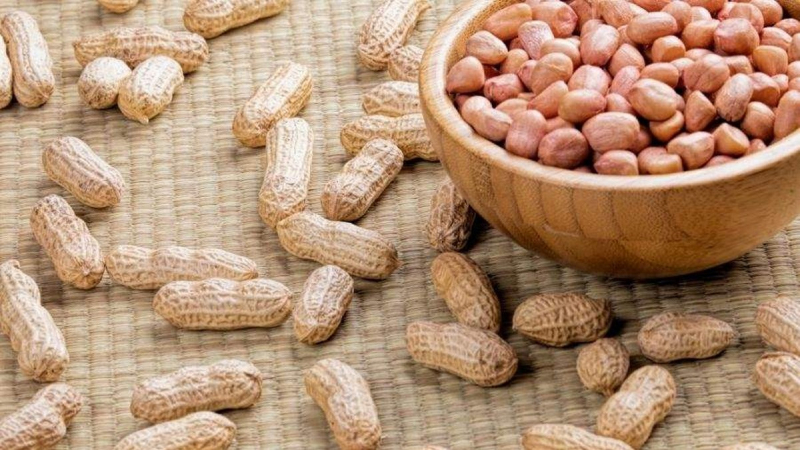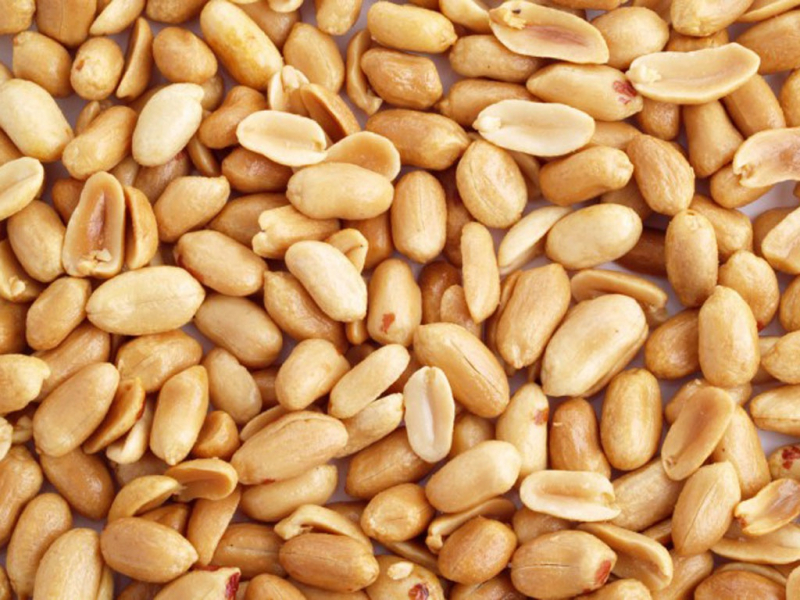Peanuts
Peanuts, along with chickpeas, soybeans, and lentils, are classed as legumes. The peanut plant is endemic to Brazil or Peru in South America. Peanuts are a good source of protein, fat, and a variety of other nutrients for the body, and they can help lower the risk of heart disease.
Many people assume that peanuts aren't as nutritious as other nuts like almonds, walnuts, and cashews. Peanuts, on the other hand, have many of the same health benefits as other more expensive nuts, thus they can be used as a nutritious diet. Peanuts are one of the best sources of vitamin B3 in the diet. Vitamin B3 is found in roughly 32g of peanut butter, which is about 25% of the RDA for males and 30% of the RDA for women. More than 25% of your daily niacin needs can be met by a handful of raw peanuts or a few tablespoons of peanut butter. Moreover, 3.42 mg of vitamin B3 are found in a 1-ounce serving of peanuts (1 ounce = 28.34 grams).
Protein, monounsaturated fats, vitamin E, vitamin B6, magnesium, phosphorus, and manganese are all abundant in peanuts. For vegans and vegetarians, peanuts and peanut butter are excellent sources of healthful fats and proteins. Despite their high-calorie content, studies show that consuming peanuts on a daily basis can help lower your risk of type 2 diabetes.












